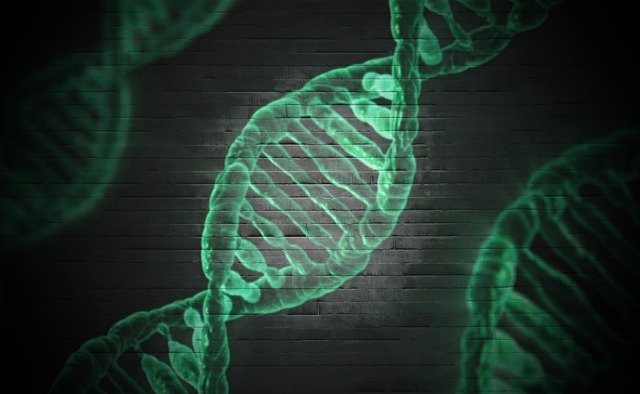
In a recent study, researchers made a big discovery in telomere biology.
Telomeres are DNA segments at the ends of every human chromosome.
As people get older, telomere length naturally decreases. Telomere shortening could instruct aging cells to stop dividing.
This becomes a critical barrier to stop cancer growth.
Previous studies have shown that when people are born with abnormally short telomeres, they may suffer from diseases including bone marrow failure, pulmonary fibrosis and high rates of cancer.
The condition causes chromosomes ends to resemble broken DNA.
In addition, telomere length is also an important marker of disease risk for heart disease and diabetes.
However, it is unclear how telomeres change from healthy to unhealthy with age.
In the current study, the team from the University of New South Wales in Australia aimed to answer the question.
They used super-resolution microscopes at four Sydney research institutions and purchased the first Airyscan super-resolution microscope in Australia.
Using these advanced microscopes, they found that when the telomere loop unfolds, the chromosome end is exposed and the cell perceives this as broken DNA.
The telomere structure matters more than its length. When telomere gets shorter, their loops become harder to build.
Telomeres can also change their structure during chemotherapies for treating cancer.
The researchers also found that super-resolution microscopy made it possible to see telomere loops with a microscope.
The findings have implications for health conditions ranging from cancer to aging and heart disease.
The team is the second group in the world to see telomere loops with super-resolution microscopes and the first to determine their function.
The leader of the study is Dr. Tony Cesare, Head of the Genome Integrity Unit at Children’s Medical Research Institute (CMRI) at Westmead.
The study is published in Molecular Cell.
Copyright © 2019 Knowridge Science Report. All rights reserved.



